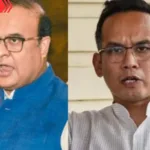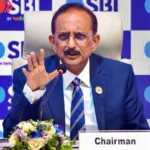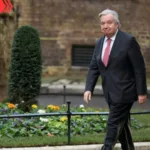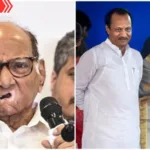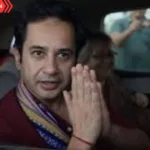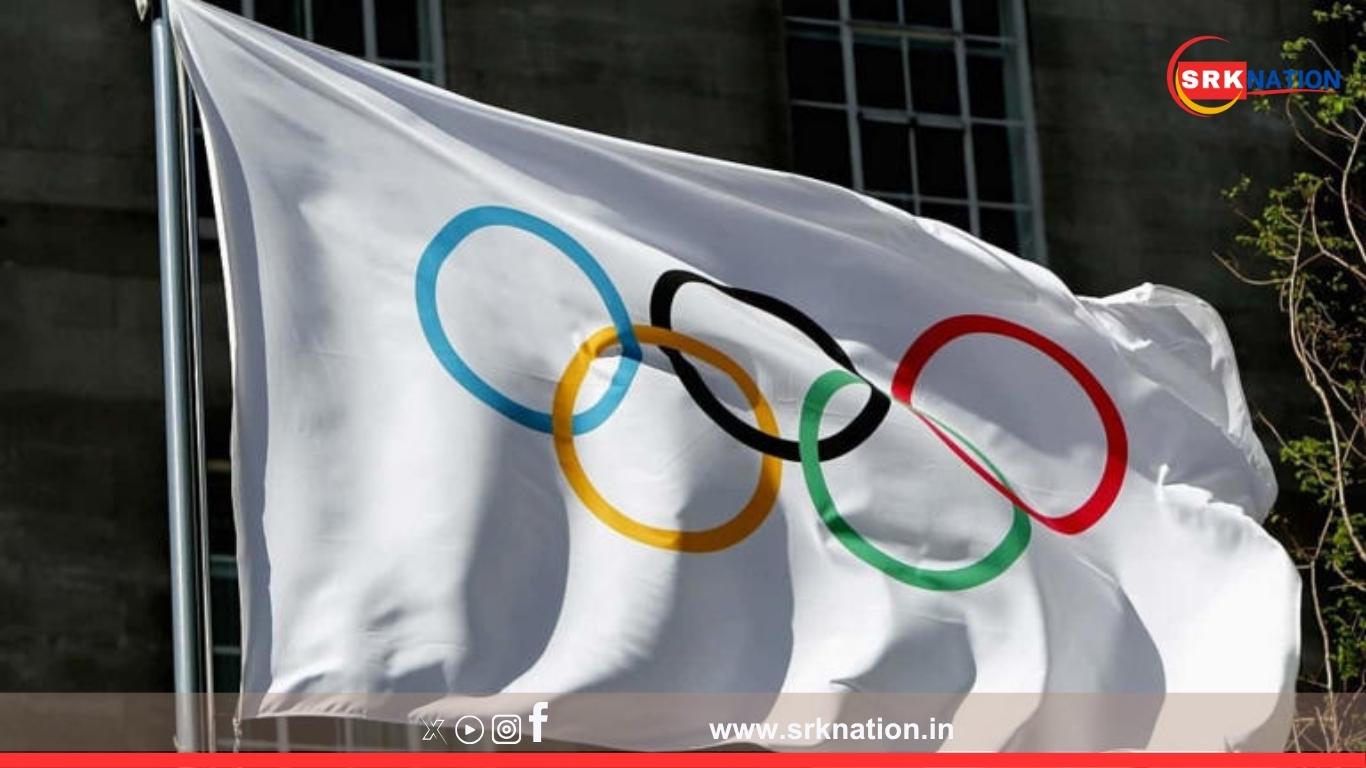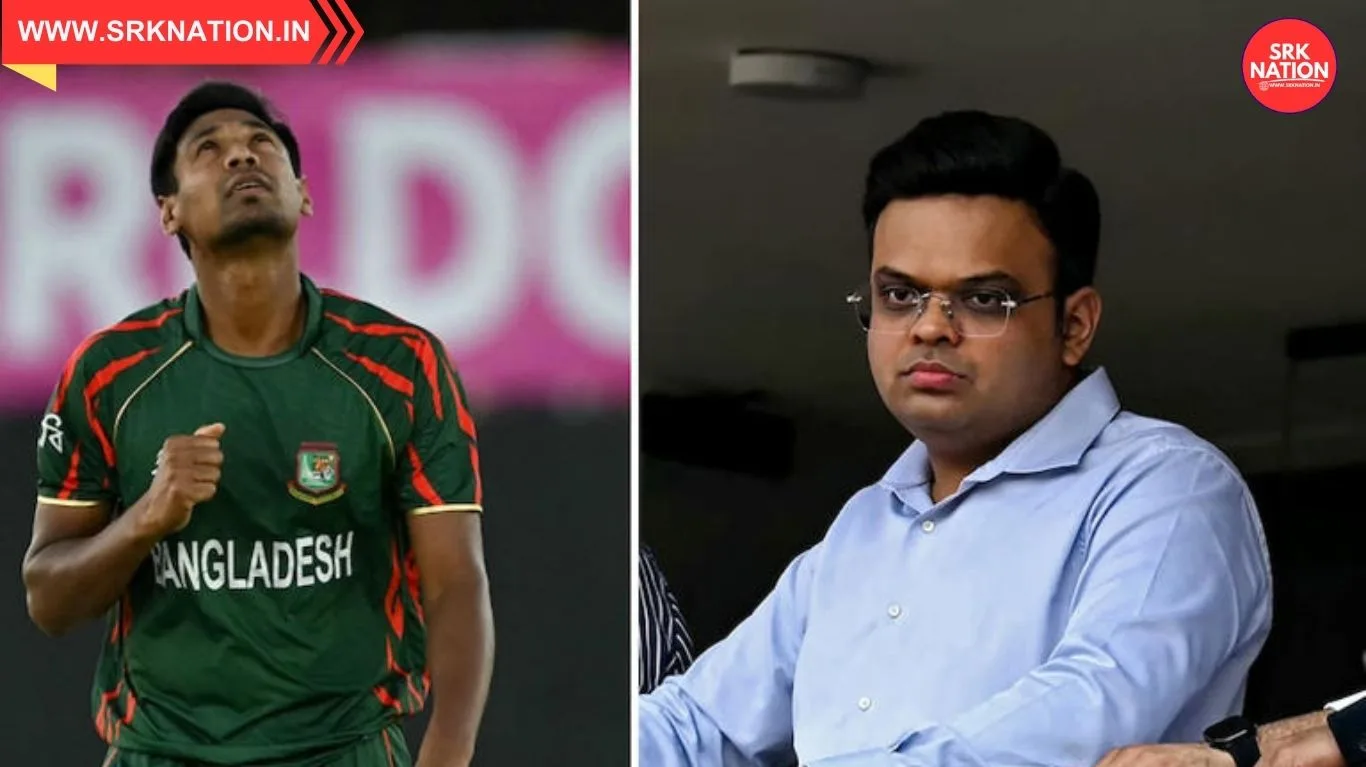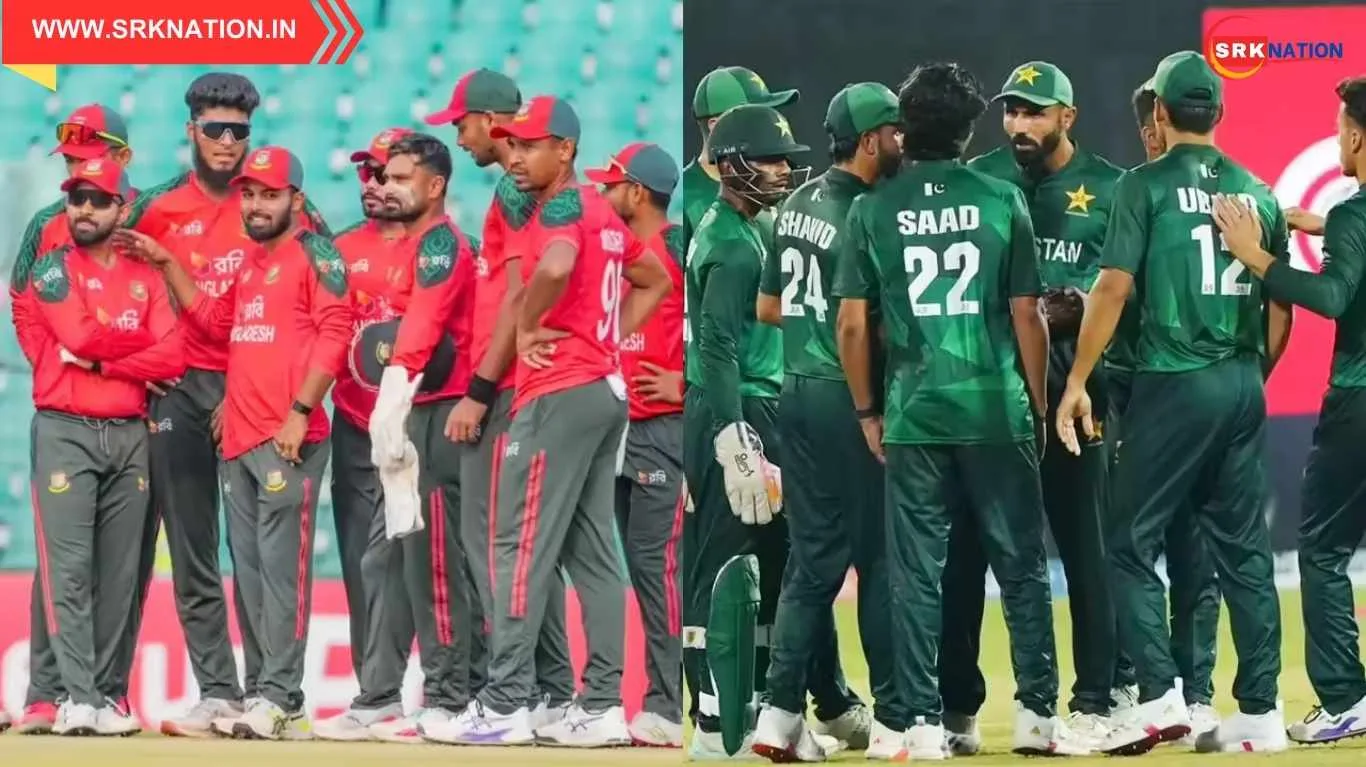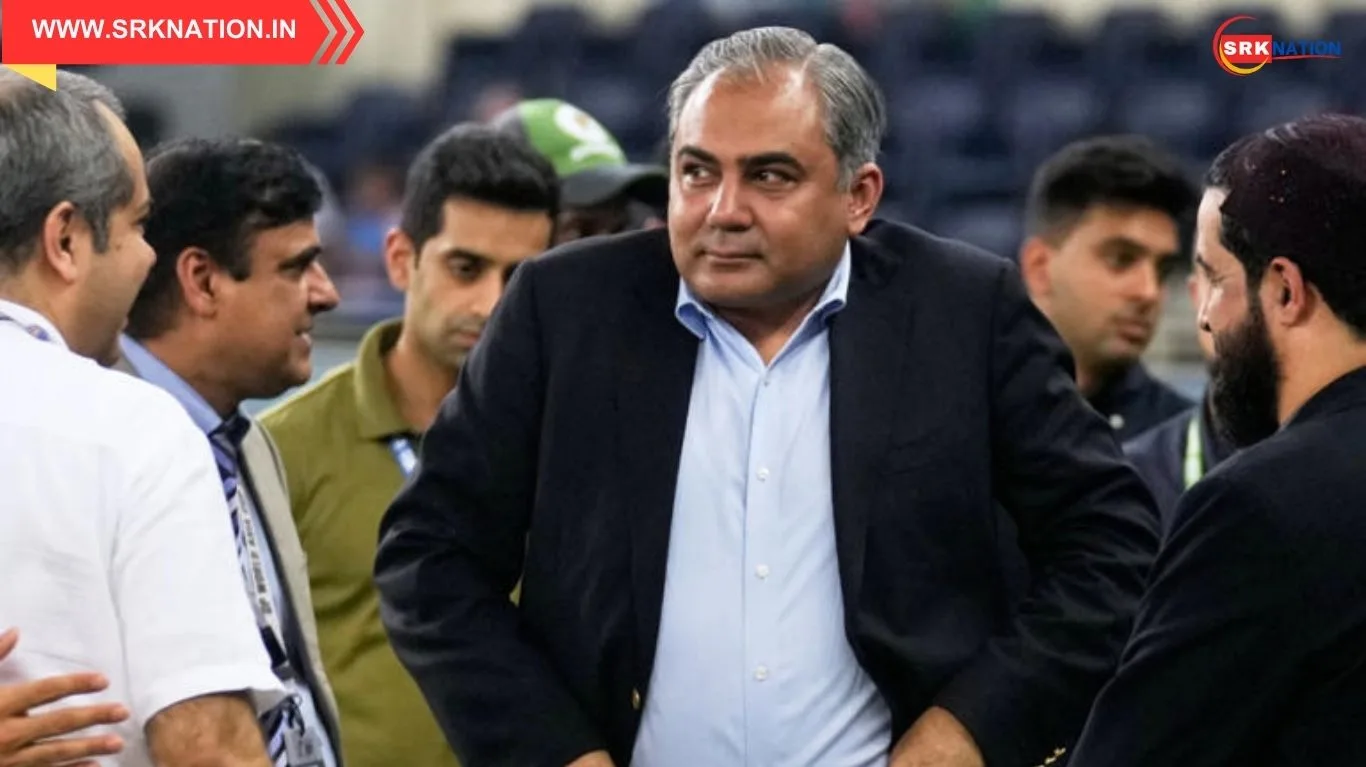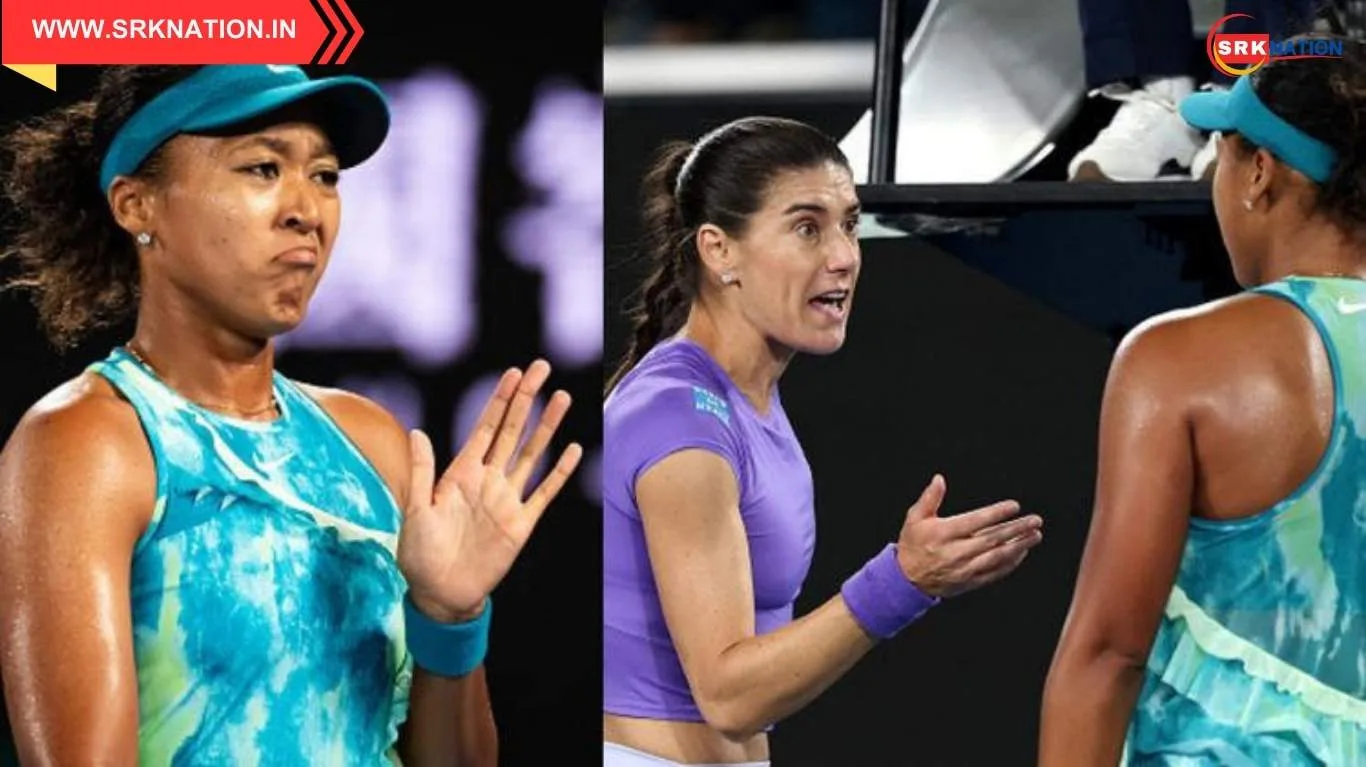India’s ambitious bid to host the 2036 Summer Olympics has hit an expected yet crucial checkpoint, as the International Olympic Committee (IOC) has asked the Indian Olympic Association (IOA) to streamline its internal governance and operational stability before formally pursuing hosting rights. This development comes amid high-profile statements by Prime Minister Narendra Modi and Sports Minister Anurag Thakur expressing India’s intent to bring the Games to Indian soil for the first time.
IOC’s Advisory: A Reality Check for India’s Olympic Aspirations
During recent informal discussions between IOC officials and IOA representatives, the global sports body stressed that:
- “India’s bid is promising but contingent upon the IOA resolving internal issues and ensuring seamless governance frameworks in line with IOC charters.”
This advisory is not an outright rejection but a signal to India to strengthen its sports administration credibility, especially after recent controversies that included:
- Prolonged delays in IOA elections, only resolved last year after Supreme Court intervention.
- Disputes within National Sports Federations (NSFs) leading to international embarrassment, such as wrestling body suspensions.
- The need for a clear Games masterplan, legacy funding structure, and city infrastructural readiness roadmap.
India’s 2036 Bid: The Current Scenario
India had showcased its formal interest to host the Games in Narendra Modi Stadium, Ahmedabad, during the IOC Session held in Mumbai in October 2023. Prime Minister Modi then stated:
“India will leave no stone unturned in our efforts to organise the Olympics in India in 2036. This is the dream of 140 crore Indians.”
However, the IOC’s cautious approach indicates that beyond vision and infrastructure promise, India’s sports governance ecosystem requires robust reforms to match international standards.
Global Competition for 2036 Olympics
India is not the only contender for the 2036 edition. Potential competitors include:
| Country | Proposed Host City | Bid Status |
|---|---|---|
| Indonesia | Jakarta | Active bid with ASEAN support |
| Qatar | Doha | Strong infrastructure readiness |
| Germany | Rhine-Ruhr | Proposed regional Games model |
| Mexico | Mexico City | Early exploratory phase |
| Turkey | Istanbul | Renewed push post Euro 2032 loss |
(Compiled from IOC updates and public declarations by respective National Olympic Committees)
IOC’s Key Requirements from IOA
To move India’s candidacy forward, the IOC has reportedly advised IOA to:
- Ensure full autonomy from government interference while maintaining accountability under the National Sports Code.
- Resolve internal disputes within NSFs, especially wrestling, boxing, and hockey federations.
- Present a clear Games Concept addressing legacy use, environmental sustainability, and athlete village post-use plans.
- Develop a financial blueprint detailing investment split between central government, state government, and private sector partners.
- Submit assurances regarding human rights compliance, equitable urban development, and Games-time operational safety.
India’s Infrastructure Readiness: A Quick Snapshot
| Parameter | Current Status | Gap Analysis for Olympics |
|---|---|---|
| Stadiums & Venues | World-class cricket stadiums, decent athletics infrastructure in select cities | Need for multiple Olympic-standard indoor arenas, aquatics complexes, and athletics tracks |
| Transport Connectivity | Expanding metros, airports, and expressways in tier-1 cities | Integration of venues with seamless mass transit crucial |
| Accommodation | Rapid hotel expansion in metros | Olympic village and athlete-centric housing still to be planned |
| Urban Development Plans | Smart City projects underway | Dedicated Olympic urban redevelopment zones needed |
| Organisational Experience | Successfully hosted 2010 CWG, ICC events | No direct multi-sport Games exposure at Olympic scale |
Financial Feasibility: Projected Hosting Costs
Global estimates suggest hosting an Olympics costs $7 billion to $30 billion depending on scale, legacy planning, and infrastructural readiness. India’s proposed model aims at:
- Leveraging existing venues in Ahmedabad, Delhi, Mumbai, Bengaluru, and Bhubaneswar to limit greenfield construction.
- Engaging public-private partnerships (PPP) to finance village construction and Games operations.
- Securing IOC contribution grants and international sponsorships to offset operational costs.
However, economists caution about debt risks if not structured sustainably, citing examples of Athens 2004 and Rio 2016 which faced financial distress post-Games.
Political and Strategic Significance
Hosting the 2036 Olympics is seen as a strategic soft power ambition under PM Modi’s global vision. Experts note:
- It will reinforce India’s stature as an emerging superpower ready for mega events.
- The Games will catalyse urban renewal, sports infrastructure upgrades, and employment generation.
- It aligns with India’s push for hosting mega multilateral events such as the G20 Summit and potentially the Expo.
However, critics argue that core reforms in grassroots sports, federations’ transparency, and athlete welfare must precede mega-event hosting to ensure long-term sporting development.
Sports Community Reaction
Indian athletes, former Olympians, and sports administrators have reacted positively but pragmatically:
- Abhinav Bindra, India’s first individual Olympic gold medallist, tweeted after the IOC’s feedback: “Hosting the Olympics is a dream for any nation. However, strong institutional reforms in Indian sport are the first step towards realising this dream with dignity and credibility.”
- PT Usha, IOA President, assured stakeholders that the association is “committed to fulfilling all IOC requirements in time and showcasing India’s organisational capacity.”
Next Steps for India’s Bid
- IOA to submit detailed compliance reports to IOC by end-2025.
- Central and Gujarat governments to finalise bid dossier, venue masterplan, and Games concept document.
- Stakeholder consultations with sports federations, urban development ministries, and private partners to align infrastructural and funding goals.
- Launch of public outreach campaigns to build domestic support for the Olympics vision.
IOC’s Timelines for 2036 Decision
The IOC is expected to finalise the host city for 2036 between 2026 and 2028, allowing an eight to ten-year preparation window. The Games will mark the centenary of the 1936 Berlin Olympics, adding symbolic competition among bidding nations.
Conclusion: India’s Olympic Dream Hinges on Reform
While India’s pitch to host the 2036 Summer Olympics is driven by national pride, economic aspirations, and global positioning, the path ahead requires comprehensive reforms, transparent administration, and an athlete-first approach. The IOC’s message to “get its house in order” is a timely reality check for IOA and Indian sports policymakers to prioritise credibility before grandeur.
Disclaimer
This news article is for informational purposes only. Readers are advised to consult official releases from the Indian Olympic Association, International Olympic Committee, and Ministry of Youth Affairs and Sports for authoritative updates. The publication bears no responsibility for decisions, announcements, or interpretations related to India’s Olympic bid process.

